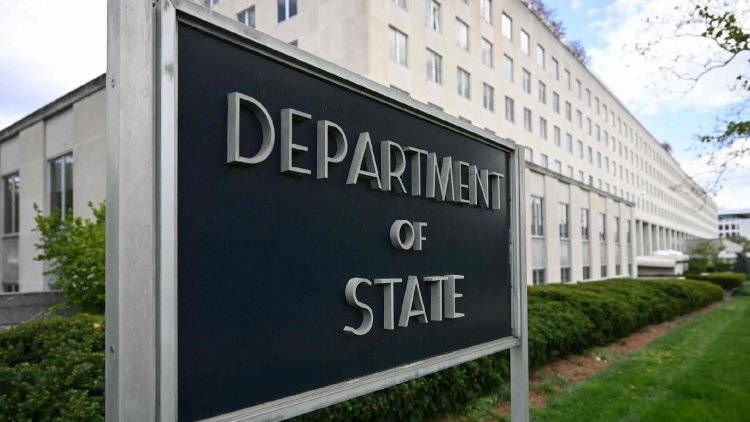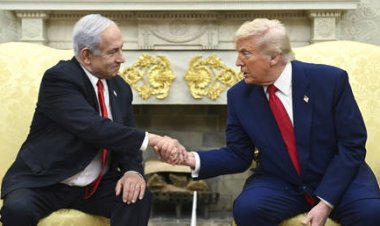State Department reveals major overhaul strategy, U.S. officials confirm
U.S. Secretary of State Marco Rubio unveiled a detailed strategy on Tuesday to restructure the U.S. State Department, with the goal of advancing U.S. President Donald Trump's America First foreign policy.

In his statement, Rubio remarked, "we are facing tremendous challenges across the globe," and highlighted that "in its current form, the Department is bloated, bureaucratic, and unable to perform its essential diplomatic mission in this new era of great power competition."
Rubio further explained, "Over the past 15 years, the Department's footprint has had unprecedented growth and costs have soared. But far from seeing a return on investment, taxpayers have seen less effective and efficient diplomacy. The sprawling bureaucracy created a system more beholden to radical political ideology than advancing America's core national interests."
He added, "That is why today I am announcing a comprehensive reorganization plan that will bring the Department into the 21st Century." He emphasized that "This approach will empower the Department from the ground up, from the bureaus to the embassies. Region-specific functions will be consolidated to increase functionality, redundant offices will be removed, and non-statutory programs that are misaligned with America's core national interests will cease to exist."
Rubio reiterated, "These sweeping changes will empower our talented diplomats to put America and Americans first," in a post on social media platform X.
The proposed plan is expected to cut staff in the United States by 15 percent and eliminate over 130 domestic offices. This would reduce the number of offices at State Department headquarters from 734 to 602, with an additional 137 offices transitioning to other locations within the department to enhance efficiency, CNN reported based on an internal State Department fact sheet.
The plan involves eliminating around 700 positions in Washington, D.C., and closing offices that focus on war crimes and global conflict. Reports indicate that the administration aims to eliminate the Office of Global Women's Issues and its Diversity and Inclusion Office, aligning with the Trump administration's emphasis on reducing such programs within the federal government. The PMG, an American political digital newspaper, stated that while some offices previously under the undersecretary of State for Civilian Security, Democracy, and Human Rights will be disbanded, much of their work will continue in other sections of the department.
Additionally, the State Department will do away with the office of the director of the Foreign Service Institute, which provides language training and educational support to career foreign service officers, according to reports.
However, a new Bureau of Emerging Threats will be established to focus on cybersecurity and the proliferation of artificial intelligence, among other areas. The Washington Post, a prominent national newspaper, noted that this proposed bureau would mark a rare initiative to enhance the department's capabilities.
Deputy Secretary of State Chris Landau shared in an email to staff that an internal working group will lead the implementation of these changes, developing "thoughtful plans" for adoption by July 1, as reported.
Max Fischer for TROIB News












